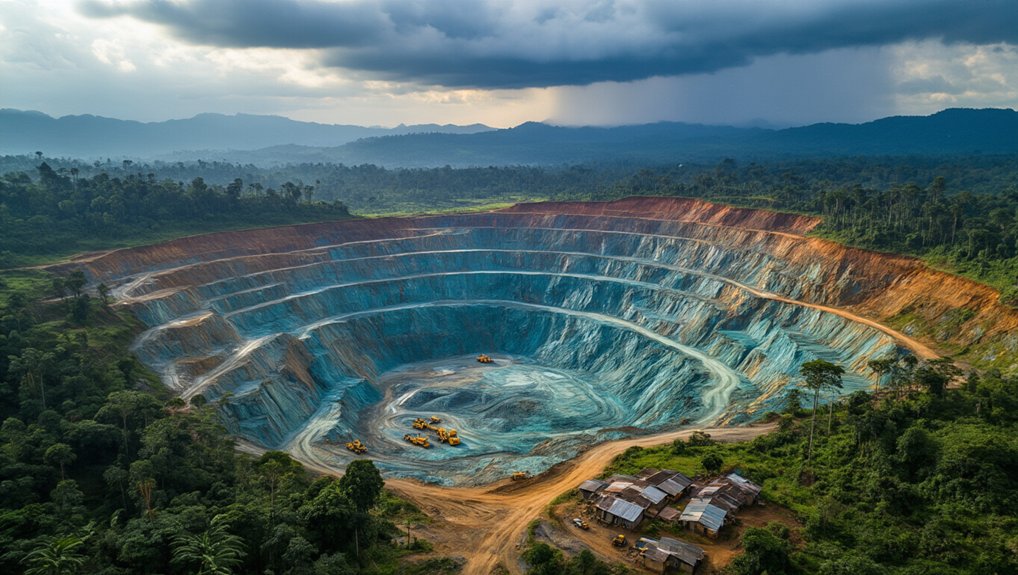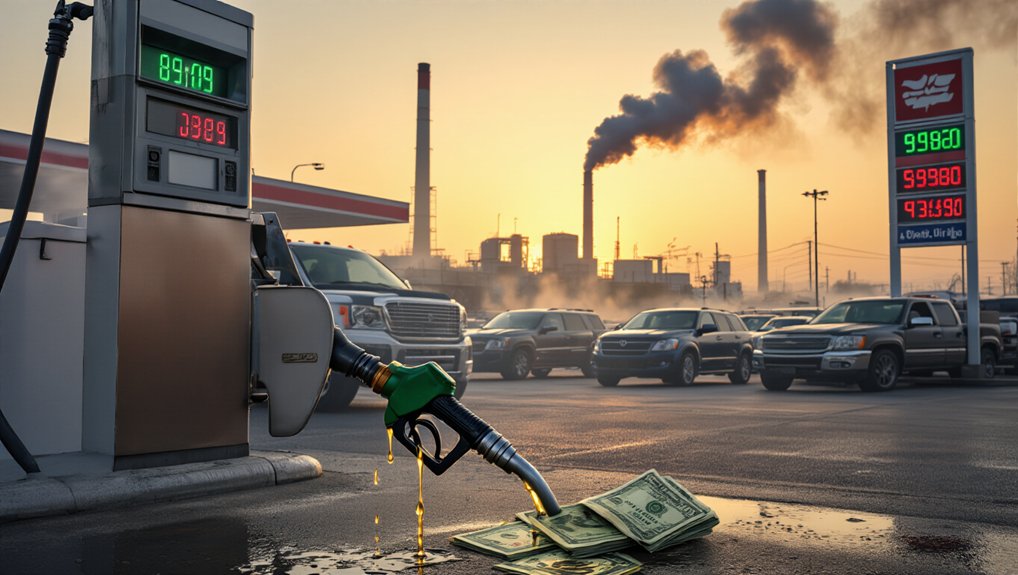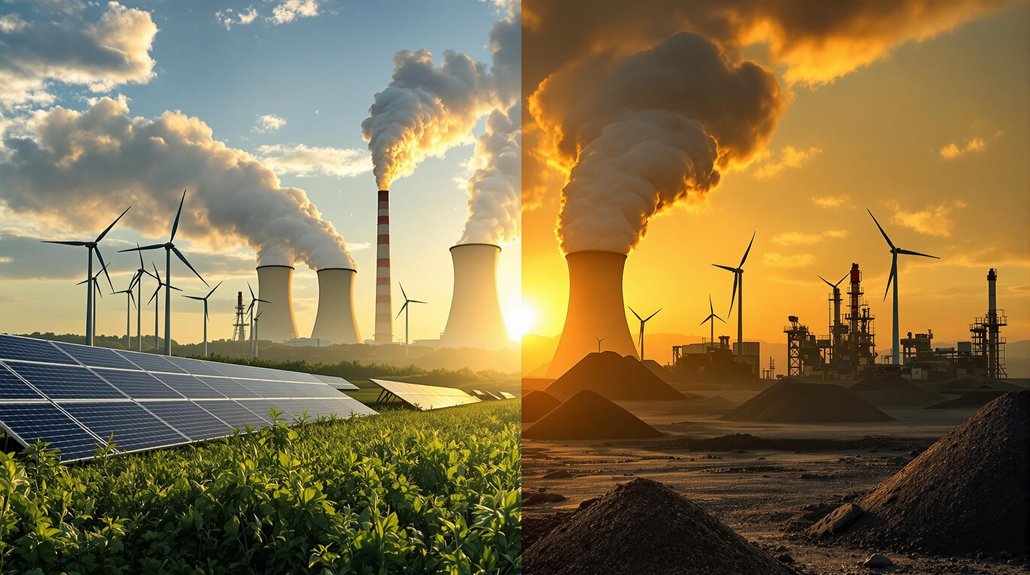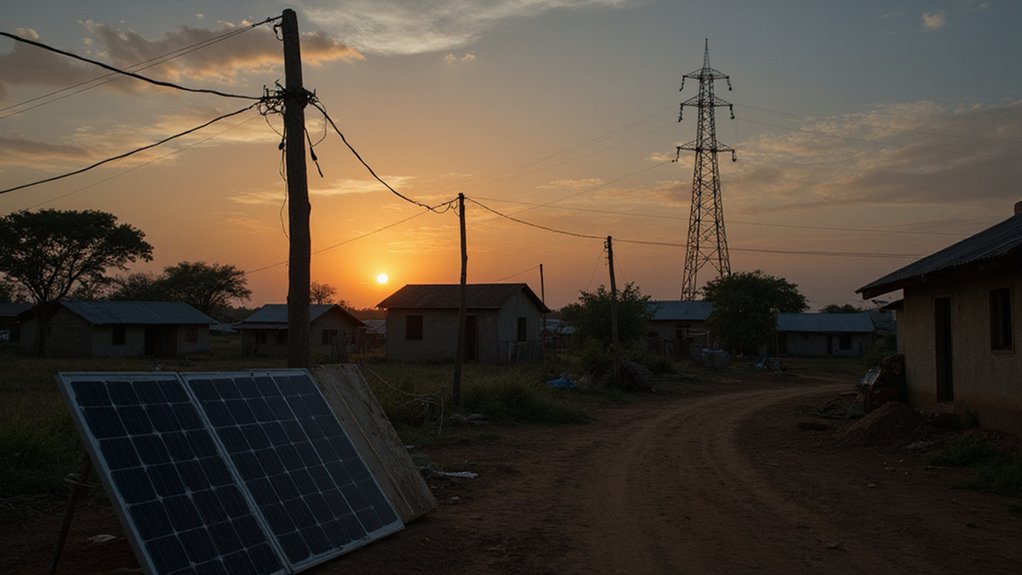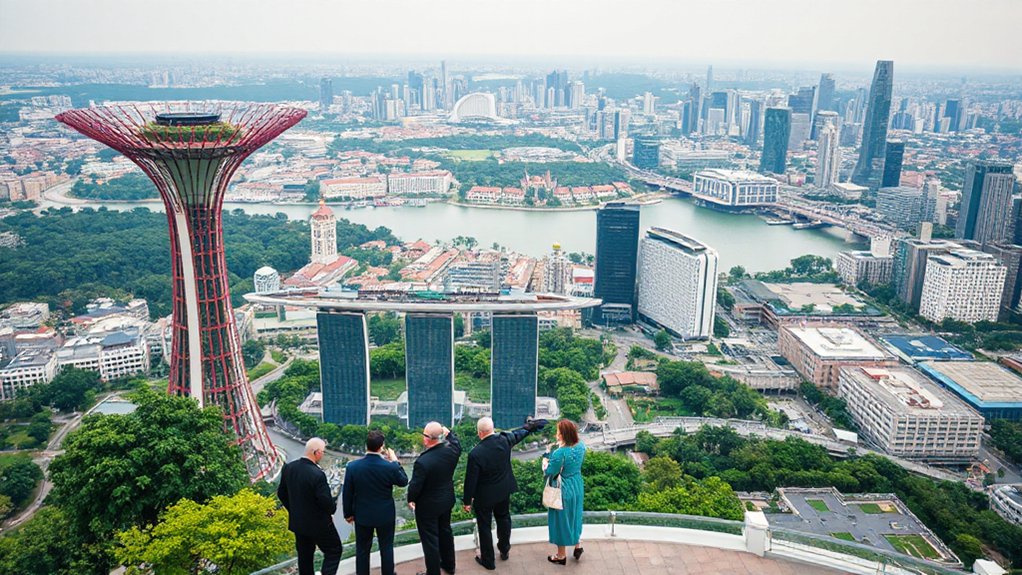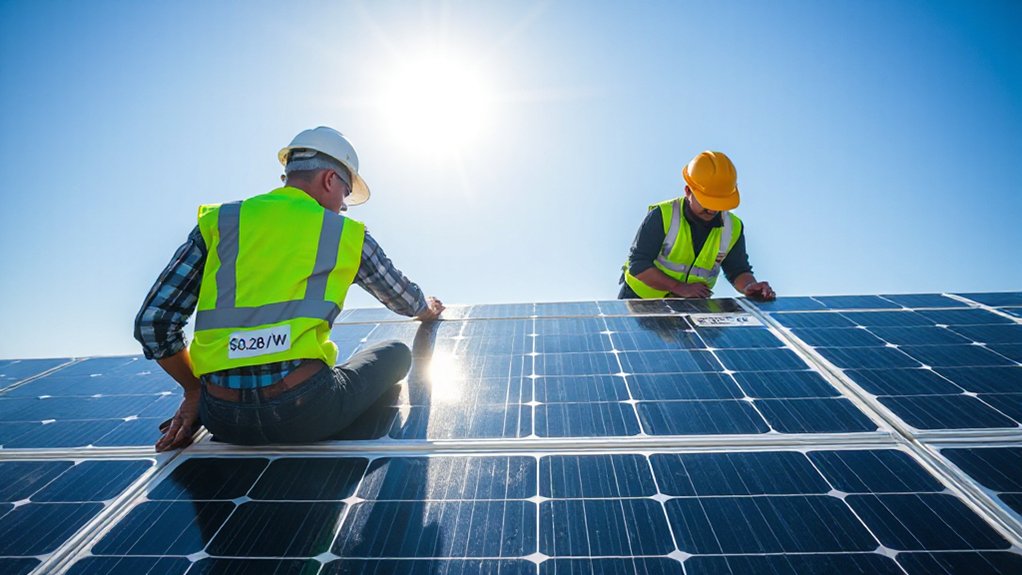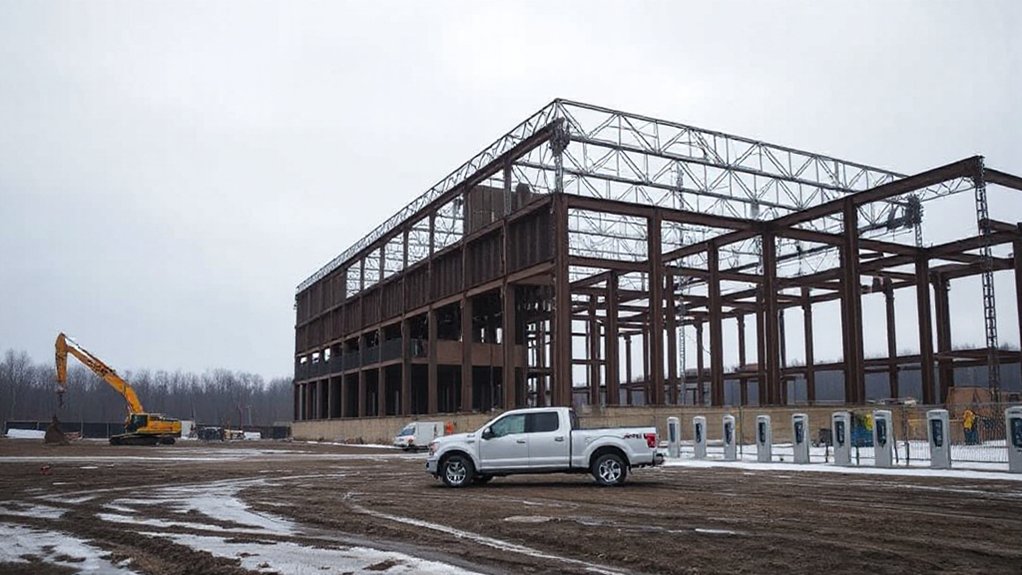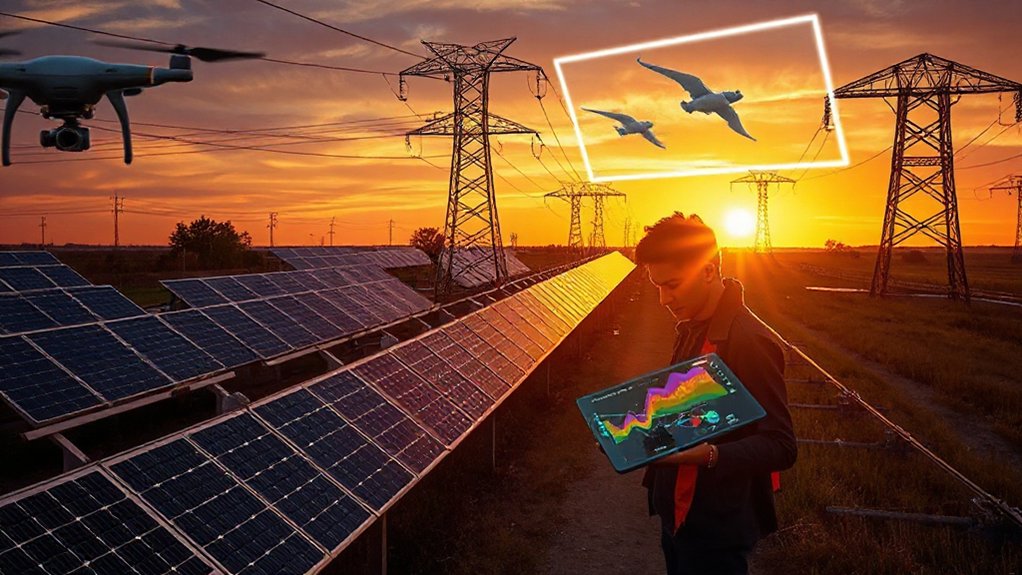The United States brokered a peace deal between the Democratic Republic of Congo and Rwanda this week, wrapping diplomacy and mining interests into one neat, convenient package. The agreement, which followed three days of talks in Washington, comes with all the usual diplomatic trappings: respecting territorial integrity, prohibiting hostilities, and disarming non-state groups. Secretary of State Marco Rubio will witness the official signing in Washington. How nice.
Behind the peace talk lurks something more tangible—minerals. Lots of them. The Trump administration has simultaneously secured access to Congo’s strategic resources, framing the mining deals as critical to national security. Lithium for batteries. Cobalt for semiconductors. Just what America needs for its manufacturing sector. Funny how peace and profit align so perfectly.
Peace and profit make convenient bedfellows when lithium and cobalt are on the line.
Rwanda currently has up to 4,000 troops stationed in eastern Congo. They say it’s for defense. Critics say otherwise. Meanwhile, M23 rebels, who weren’t even at the negotiating table, have already suggested they won’t be bound by any agreement. A U.N. report revealed fraudulent mineral trade benefiting both M23 and Rwanda. So much for all-encompassing peace.
Previous negotiations between these countries failed spectacularly. This time might be different—there’s money involved. The deal represents a shift in US foreign policy: less diplomatic hand-holding, more transactional relationships. Give us minerals, we’ll give you peace. Or something like it.
The humanitarian crisis in eastern Congo continues unabated. Violence in Goma and Bukavu has displaced countless civilians. Will a deal crafted in Washington change anything on the ground? The UN seems cautiously optimistic. They always do.
Critics argue the agreement rewards aggression and legitimizes resource plundering. Trump insiders directly involved in securing mining rights raise eyebrows about conflicts of interest. Ethics questions? In this administration? Shocking.
The peace deal includes provisions for conditional integration of armed groups. But when mineral deals outweigh genuine peacebuilding efforts, local grievances tend to fester. History has shown that repeatedly in the region. The conflict has roots in Rwanda’s 1994 genocide that has driven regional instability for decades. The rush for Congo’s minerals reflects a growing demand for renewable energy storage as countries attempt to transition away from fossil fuels.
Peace for minerals. A fair trade? Time will tell. Probably not.
References
- https://kstp.com/ap-top-news/congo-and-rwanda-will-sign-a-us-mediated-peace-deal-to-end-the-conflict-in-eastern-congo/
- https://www.state.gov/releases/office-of-the-spokesperson/2025/06/joint-statement-on-peace-talks-between-the-democratic-republic-of-the-congo-and-the-republic-of-rwanda-mediated-by-the-united-states-and-observed-by-the-state-of-qatar/
- https://www.france24.com/en/africa/20250627-rwanda-dr-congo-to-sign-peace-agreement-in-washington
- https://www.cbsnews.com/news/trump-deal-democratic-republic-congo-rwanda-war-mineral-resources/
- https://responsiblestatecraft.org/congo-rwanda-peace-deal/
